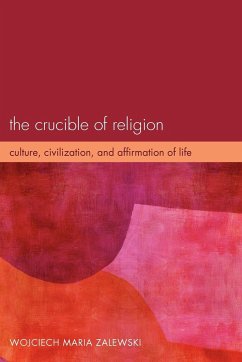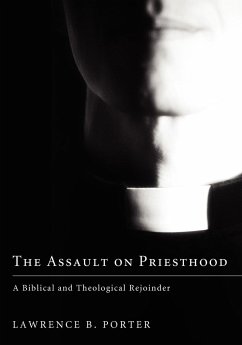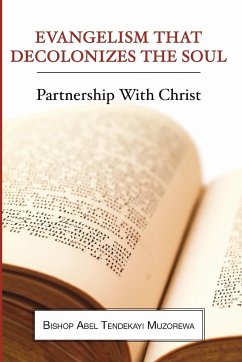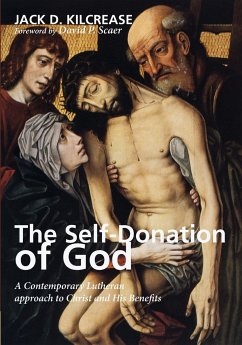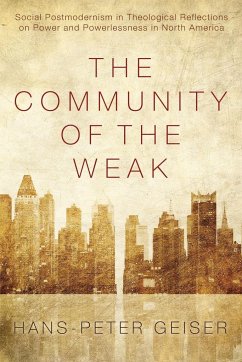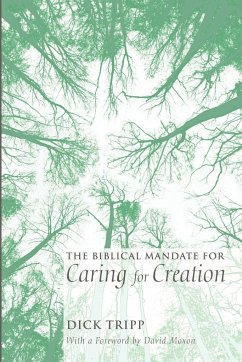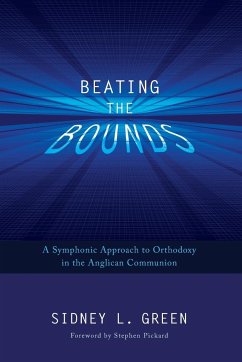Synopsis: Religion is commonly viewed through the lens of the world's religious traditions, stressing the differences, and often the conflicts, among them. The author of this book instead presents religion as a common and universal human phenomenon, based deeply in a human nature shared by all. In this view, the underlining and unifying principle of religion is a particular affirmative attitude toward life, which he presents as the Ultimate Value, and as such the key cultural constituent and defining factor of all religion. This Ultimate Value finds its expressions in various civilizations, and results in a variety of forms; these are what we know as the world's religious traditions. By analyzing the roles of both culture and civilization in their attitudes toward life, the author places religion beyond religious traditions, and shows how the latter, regardless of whether they are theistic or atheistic, draw their principles from the former, mainly by promoting the Golden Rule in its applications. Endorsements: "Wojciech Zalewski's synthesis of religions . . . [presents] a Rousseau-like view that human beings are fundamentally good, born with a desire and respect for life, which becomes perverted by the institutions of their civilization. The evidence that he is right lies in the countless acts of goodness performed by individuals in their daily life apart from, and sometimes in opposition to, the norms of their societies. The Crucible of Religion is an uplifting and hopeful book by a true humanitarian." --Kenneth R. Graham Professor Emeritus Muhlenberg College "Zalewski examines religion as a personal and social construct based on the human yearning for life . . . By differentiating culture from civilization he is able to distinguish between religion as such and various religious traditions . . . , and in so doing to recast the discussion of God in terms of the affirmation of life implemented through the practice of the Golden Rule . . . By equating life with God, Zalewski opens a dialogue among agnostics, atheists, and believers. --Thomas Sheehan Professor of Religious Studies Stanford University Author Biography: Wojciech Maria Zalewski is the Curator for Slavic and East European Collections Emeritus and Bibliographer for Religious Studies at the Stanford University Libraries. He is the author of Untersuchungen über the literarische Gattung der Apokalypse 1-3.

